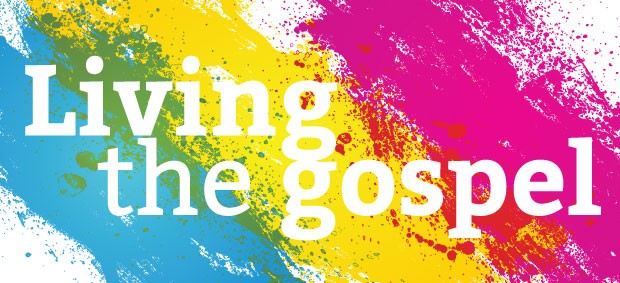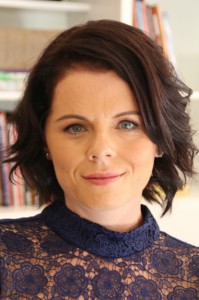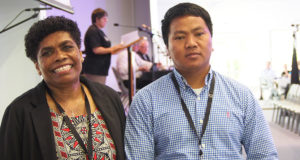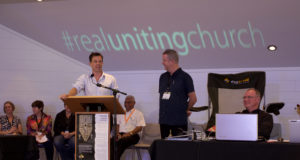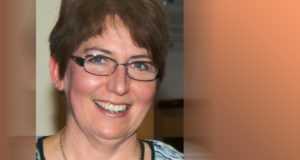We often talk about God and our souls, but what about our bodies? Dr Janice McRandal explores how God’s threeness subverts our expectations of the world and frees us to be different.
In the world of contemporary theology, there seems no riskier notion than that of the body—what we do with our bodies and how we identity with them. It’s not that Christianity has ignored the body, but as Eugene Rogers says, in his book Sexuality and The Christian Body, “Christians have always been debating some practical issue about the body … [but rarely have Christians connected] doctrines like incarnation, election, and resurrection, with race, gender, and orientation.”
Talk of doctrine has tended to focus on immaterial concepts or ideas, so thinking doctrinally about the body is unconventional, perhaps even uncomfortable, for both theologians and the broader Christian community. We tend to think of the body as “carnal” or “flesh”, words that are really neutral but have come to mean something somehow corrupt. It comes from dualistic thinking: that everything falls into two oppositional parts, perhaps beginning with good and evil, then extending to God and creation.
But the basis for Christian revelation is the startling claim that God has become embodied in Christ! Christian doctrine is directed wholly toward a God who creates and affirms the body, who sustains and redeems the entire body of creation. If our doctrines—creation, resurrection, salvation, eschatology—have nothing to say about gender, sexuality, race, ableism and the many social, political, and ethical questions raised around the place and use of the body, then it seems we have missed the point. We’ve ignored the explanatory potency of the Incarnation!
Consider the damaging effects of dualistic thinking when related to the body. It’s a starting point for an entire order of oppositional categories: good and bad, up and down, male and female, heterosexual and homosexual, black and white and so on. That these opposing categories are not neat fits for many of us within the community has been enormously confronting. Does Christian doctrine have anything to say here? Not surprisingly, I would say yes!
Ultimately, Christian theology is a theology of the Trinity. The divine economy reveals a God who enters into history and destabilises fixed, dualistic categories. The biblical narrative discloses a subtle yet potent fluidity to the Triune relationships. What remains is the profound mystery of threeness liberating us into the Triune life. To be a free subject is to be swept up in the Triune revelation. From this incorporative perspective, one may see gender and difference being drawn into the cleansing and transformative presence of the Triune God, so that, in Sarah Coakley’s words, “twoness … is divinely ambushed by threeness”.
Janice is lecturer in systematic theology at Trinity College Queensland. Her new book, Christian Doctrine and the Grammar of Difference: A Contribution to Feminist Systematic Theology is out now.
 JourneyOnline
JourneyOnline
